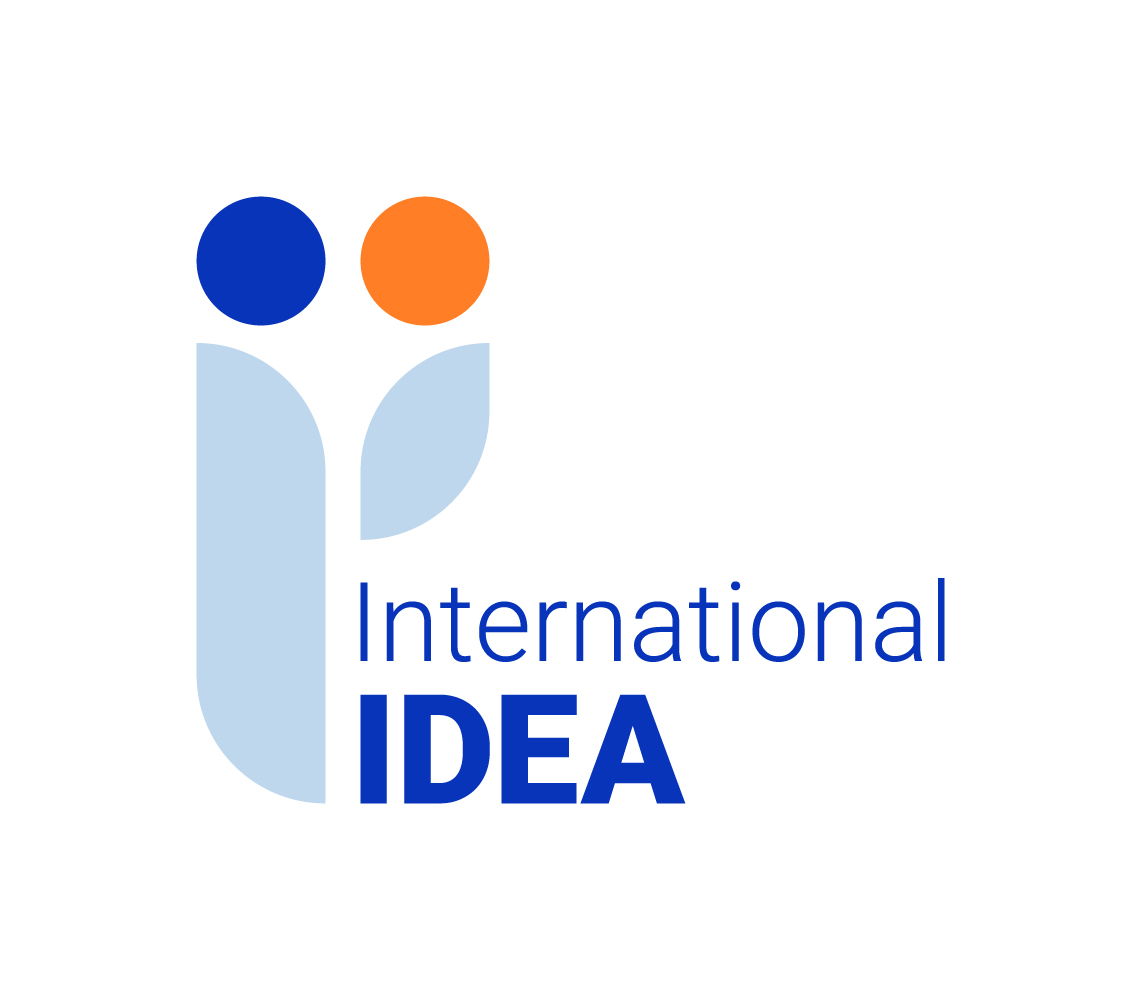The most evident difference between the UN’s former Millennium Development Goals (MDGs) and the current Sustainable Development Goals (SDGs) is the inclusion of a goal addressing peace, justice and strong, inclusive institutions. Given that the goals were formulated through an inclusive and deliberative process, the SDGs also provide opportunities for people-centred monitoring of their progress on the national level.
Search
Region
Country
Type
The challenge of migration to democracy
“No citizens, no true democracy” is a widely held perception in academic research and among democracy building practitioners. Previous research from advanced democracies has shown that democratic citizenship and political engagement develop early in life and thereafter stay relatively unchanged. So, how do we build democratic citizenship in transitioning countries, how do citizens learn to be democratic and what role do young people have?
The Union Election Commission of Myanmar held a Post-Election Review Conference in Yangon, Myanmar, on 22-23 June 2017. The conference brought together a wide array of stakeholders to discuss some of the key lessons learned during the 2017 by-elections, and to build on those achievements for the preparation of the 2020 general elections.
Today, nearly two-thirds of the world’s countries provide political parties and/or candidates with public funding, through either monetary or indirect financial support such as subsidised access to media.
International IDEA’s newly released film LGBTI Political Inclusion Journeys follows the trajectories of Lesbian, Gay, Bisexual, Transgender and Intersex (LGBTI) groups in Malawi and Nepal, aiming to showcase strategies for political inclusion of LGBTI people as a principle of democratic participation in public life.
No voice should be left unheard. No one should be left behind. No one should be subject to any form of exclusionary rhetoric. For democracy to be sustainable, International IDEA believes that democracy should allow each and every citizen to participate in political processes and represent their interests and concerns.
A credible voter register gives legitimacy to the electoral process and helps prevent electoral fraud.
However, voter registration remains a complex and contested task. It is one of the most important activities that an electoral management body needs to conduct, but it is also one of the most costly in terms of both time and resources.
On 12-15th June 2017, International IDEA´s Secretary-General Yves Leterme took part in the 23rd Conference of Montréal: “A New World: Managing Change”, organized by the International Economic Forum of the Americas in collaboration with International IDEA.
IDEA Internacional, conjuntamente con la Comunidad de las Democracias, el Programa de las Naciones Unidas para el Desarrollo (PNUD), y con el auspicio de la Organización de los Estados Americanos (OEA), y el gobierno de México, llevó a cabo el 16 de mayo de 2017, la Consulta de las Américas sobre Equidad de Género y Participación Política de la Mujer.
Do new generations of citizens no longer support democratic values and practices? To the relief of her audience at the seminar 'Does political participation need political parties and representation?', Pippa Norris acquitted young people on this charge.
This Constitution Brief provides a basic guide to constitutional courts and the issues that they raise in constitution-building processes, and is intended for use by constitution-makers and other democratic actors and stakeholders in Myanmar.
The concept of open data is based on the idea that data should be freely available for anyone to access, use and share.
In recent years, the concept has taken root as an increasingly accepted practice for public and government produced data, with data seen as a public good, and data infrastructure as the key to accessing it.
Yves Leterme, International IDEA’s Secretary-General, travelled on 9 March 2017, to present the work of International IDEA in support of Agenda 2030 at the United Nations Office in Geneva. During his presentation, Leterme highlighted International IDEA’s contribution to the implementation and monitoring of the 2030 Agenda and the Sustainable Development Goals (SDG) through the strengthening of democratic institutions and accountability at both national and global levels.
One of the most enlightening debates on international democracy support is turning 15 this coming April. In his 2002 “The End of the Transition Paradigm,”[1] Tom Carothers argued that democracy supporters at that time operated within a framework derived in part from a “superficial transfer of ideas” from scholarly literature on transitions away from authoritarian rule.
“Our role is to be transparent, accountable and responsible in our oversight function, now that Myanmar is transitioning towards democracy”, said by U Aye Tha Aung, Deputy Speaker of the Union Parliament of Myanmar and of the Amyotha Hluttaw and Chair of the Parliament’s Joint Public Accounts Committee (JPAC).
Peru was elected Chair of International IDEA for 2017 by the Council of Member States on 8-9 December 2016. Taking up its new role, Peru has set "Corruption: A threat towards a democracy of quality" as the theme of its Chairship.
Achieving gender equality and political empowerment of women is now more relevant that ever and it is a responsibility that pertains to all the local, national, regional and international actors.
Last year, women made up less than a quarter of parliamentarians worldwide. While the number has been steadily increasing, more needs to be done. The key to having more women as representative is to influence political parties since they are the ones who choose the candidates for elections.
This year’s International Women’s Day’s theme, “Be Bold for Change”, is a call to forge a better working world - a more gender inclusive world. In particular, it calls for groundbreaking action that truly drives the greatest change for women.

